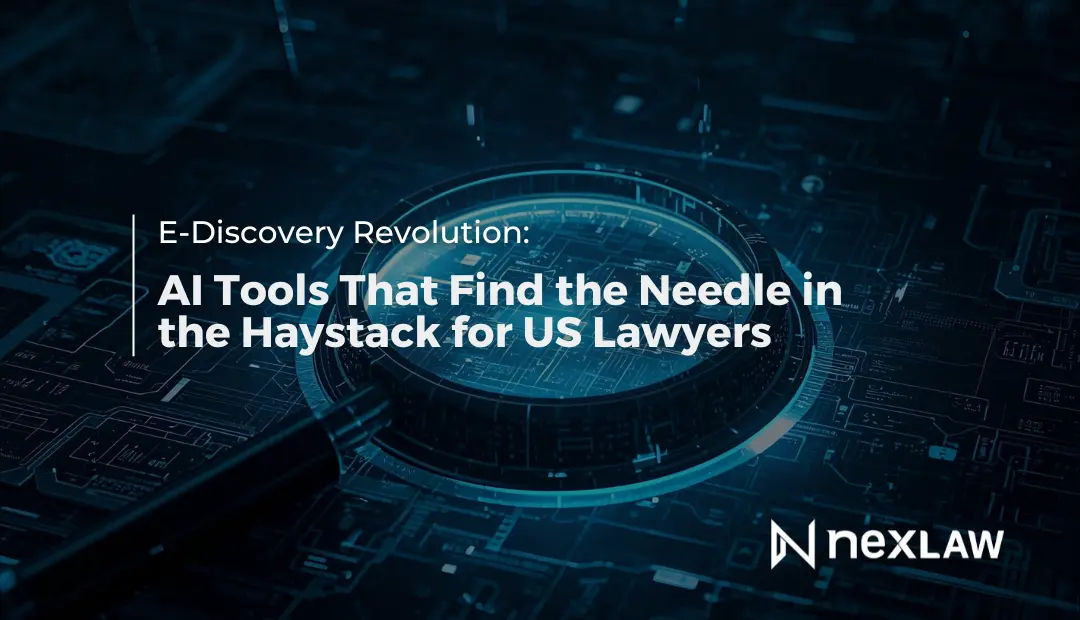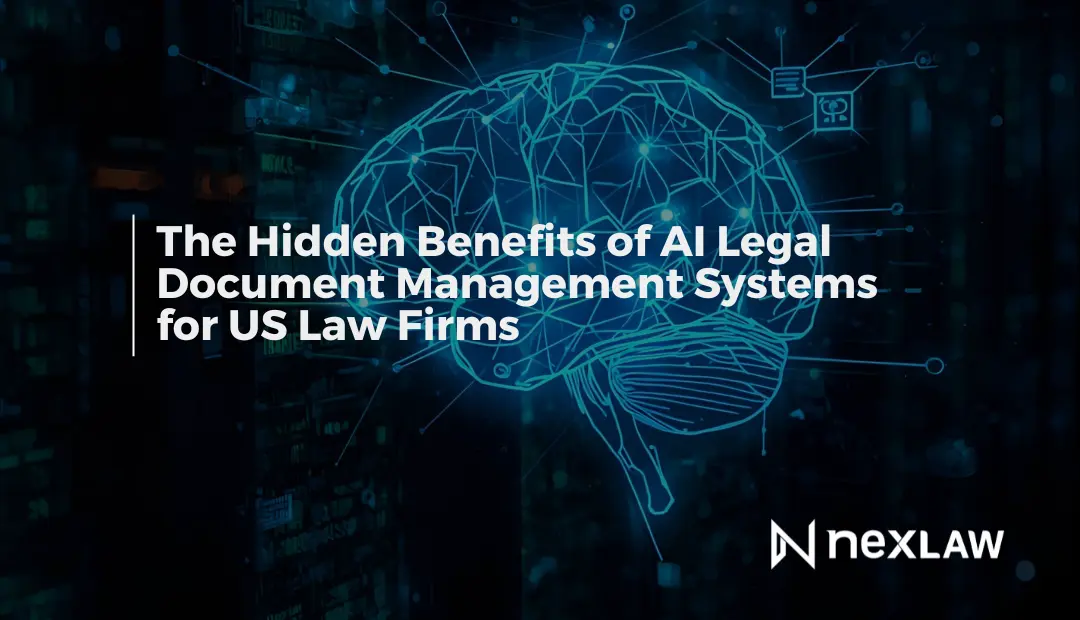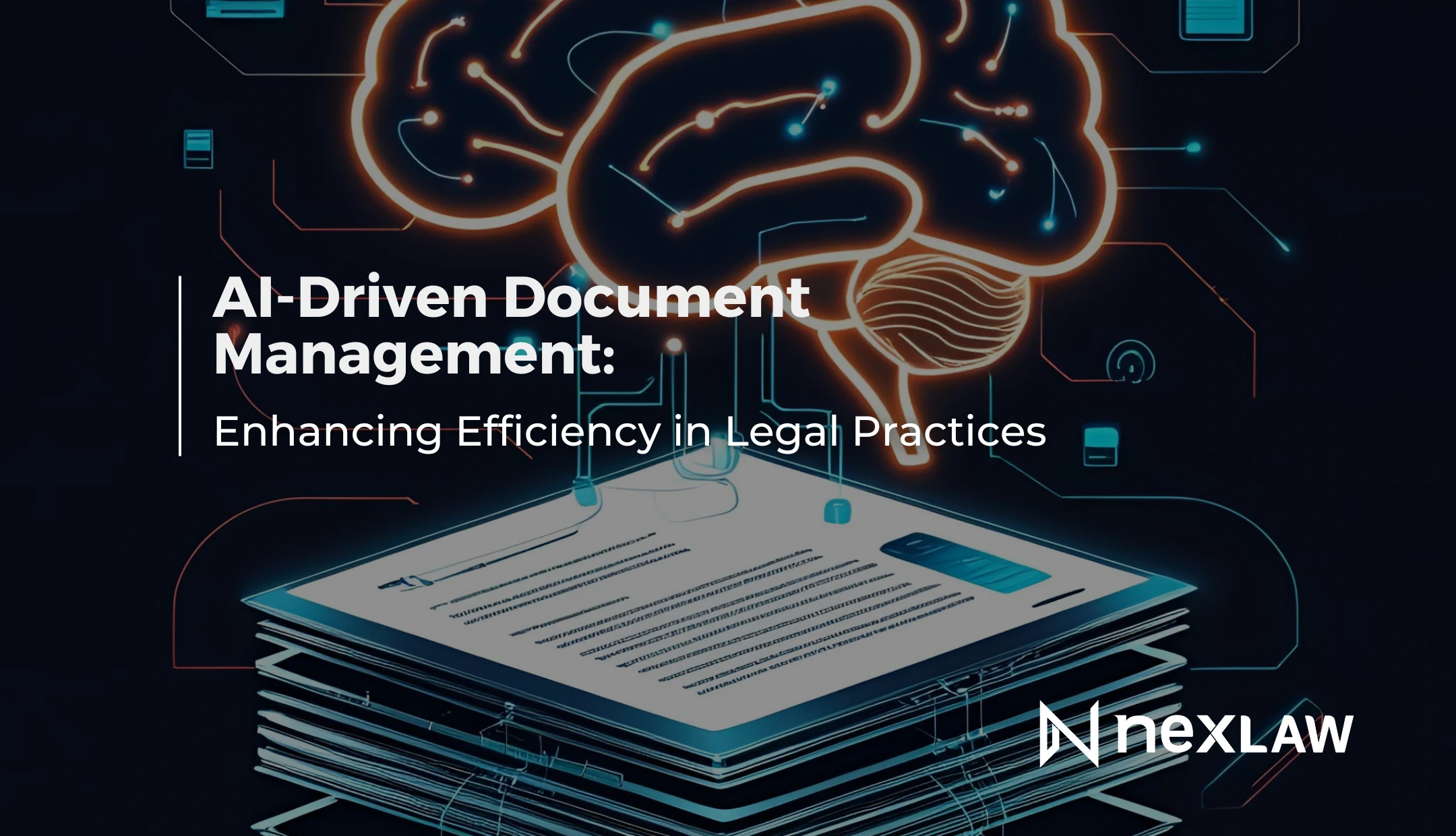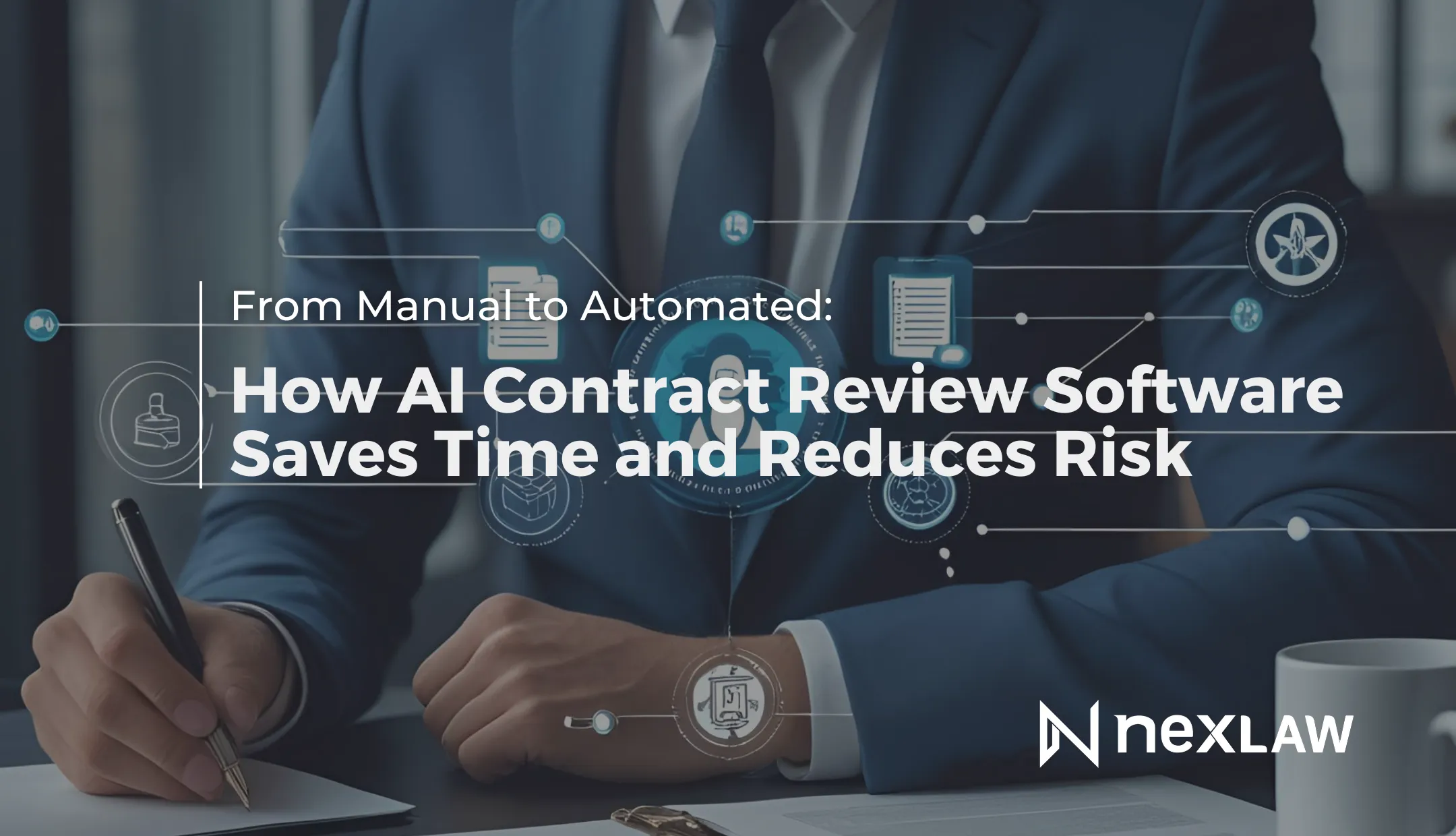eDiscovery Tools: Mastering Foundational Tech Skills for Legal Excellence
The legal profession faces an unprecedented skills gap in 2025, with attorneys struggling to find qualified legal assistants who possess the foundational technology skills essential for modern eDiscovery operations. This crisis has elevated the importance of mastering core eDiscovery tools while highlighting the critical need for legal professionals to develop advanced technical competencies.
Unlock Legal Insights Instantly!
The Critical Skills Gap in Legal Technology
Foundational technology skills, including proficiency in Outlook, Word, and PDF manipulation, remain critical for legal professionals, particularly as firms struggle to find skilled legal assistants capable of supporting complex eDiscovery operations. Debbie Foster, CEO of Affinity Consulting, emphasizes that these fundamental capabilities are becoming increasingly scarce in the legal workforce.
The documentation automation trend is growing significantly in 2025, offering opportunities to streamline workflows and reduce errors while addressing the skills shortage. However, successful implementation requires legal professionals to master underlying technology concepts rather than simply adopting new tools without understanding their foundational requirements.
This skills gap extends beyond basic software proficiency to include understanding data formats, file structures, metadata preservation, and workflow integration concepts that are essential for effective eDiscovery tool utilization. Legal professionals who develop these competencies gain significant competitive advantages.
The shortage of technically skilled legal support staff is driving law firms to invest in comprehensive training programs and more intuitive eDiscovery tools that require less specialized technical knowledge while maintaining professional-grade capabilities.
Advanced PDF Manipulation and Document Processing
PDF manipulation has become a cornerstone skill for legal professionals working with eDiscovery tools, as most legal documents require sophisticated processing beyond basic viewing and printing capabilities. Modern legal practice demands expertise in OCR processing, metadata extraction, redaction, and batch processing operations.
Contemporary eDiscovery tools incorporate advanced PDF processing capabilities that enable legal professionals to extract text from scanned documents, preserve formatting across different platforms, and maintain metadata integrity throughout review processes. These capabilities are essential for handling diverse document sources in complex litigation.
Automated redaction tools within modern eDiscovery platforms ensure that privileged information is properly protected while maintaining document readability and professional appearance. Advanced platforms provide audit trails that track all redaction activities for compliance and quality control purposes.
Batch processing capabilities enable legal teams to apply consistent formatting, security settings, and metadata extraction across large document collections without manual intervention. This automation significantly reduces processing time while improving consistency and accuracy.
Cloud-Based Tool Integration and Workflow Automation
The migration to cloud-based eDiscovery tools continues accelerating in 2025 as legal professionals recognize the scalability, security, and collaboration benefits of cloud platforms over traditional on-premise solutions. This shift enables smaller firms to access enterprise-grade capabilities while reducing infrastructure costs.
Cloud-based tools support integrations with diverse legal technologies including case management systems, billing platforms, and client communication tools that create comprehensive digital ecosystems. API-driven integration capabilities eliminate data silos while improving workflow efficiency across all aspects of legal practice.
Workflow automation within cloud-based eDiscovery tools coordinates complex processes including document collection, privilege review, quality control, and production formatting through intelligent task management that reduces administrative overhead while ensuring comprehensive case coverage.
Real-time collaboration features enable distributed legal teams to work effectively on eDiscovery projects while maintaining detailed audit trails and version control. These capabilities are essential for complex litigation involving multiple parties and extensive legal teams operating across different time zones.
Structured Data Optimization and Management
The trend toward structured data utilization continues gaining momentum as legal professionals recognize the benefits of organized, controlled, and easily searchable information systems. Structured data approaches provide immediate advantages in organization, preservation, management, and security for eDiscovery operations.
Searching, identifying, filtering, and sorting structured data requires less manual effort and reduces human document research time while improving accuracy. This efficiency is particularly valuable for large-scale eDiscovery projects where manual review costs can become prohibitive.
Regarding eDiscovery specifically, structured data is less likely to contain irrelevant information and is less susceptible to alteration during processing. This integrity is crucial when data authenticity becomes a central issue in litigation, ensuring that evidence maintains its reliability and trustworthiness.
Organizations implementing structured data approaches report improved security, scalability, and cost management, with discovery and legal response representing additional benefits rather than primary drivers. Modern eDiscovery tools incorporate automated structuring capabilities that organize unstructured data without manual intervention.
Advanced Analytics and Predictive Capabilities
Contemporary eDiscovery tools incorporate sophisticated analytics capabilities that enable legal teams to identify patterns, relationships, and insights that inform case strategy and resource allocation decisions. These analytical features transform raw document collections into strategic intelligence.
Predictive coding and machine learning algorithms analyze attorney review decisions to improve relevance rankings and reduce the volume of documents requiring human review. These tools learn from successful case patterns to provide increasingly accurate recommendations over time.
Timeline analysis and relationship mapping capabilities help legal teams understand complex business relationships, communication patterns, and event sequences that are crucial for developing compelling case narratives and identifying key evidence.
Advanced visualization tools present complex data relationships in intuitive formats that enable legal professionals to quickly understand case dynamics and communicate findings effectively to clients, colleagues, and courts.
NexLaw’s Comprehensive eDiscovery Tools Suite
NexLaw bridges the eDiscovery skills gap with intuitive yet powerful tools designed for modern legal workflows. ChronoVault technology offers user-friendly interfaces for complex document processing without compromising the advanced capabilities legal professionals rely on.
The platform’s automated PDF tools handle OCR, metadata extraction, and batch processing with ease, eliminating the need for specialized technical knowledge. Built-in redaction and privilege protection features streamline review while ensuring compliance.
NeXa delivers targeted capabilities with:
- Documents Insight – for deep document analysis
- Find Precedents – for automated legal research
- Contract Due Diligence – for smart contract review and risk identification
Together, these tools combine foundational ease-of-use with the advanced precision needed for comprehensive discovery and litigation readiness.
- Book a Demo – Get a walkthrough of NexLaw’s full discovery suite
- Explore Plans – Includes a free 3-day trial to experience the tools yourself





.webp)




